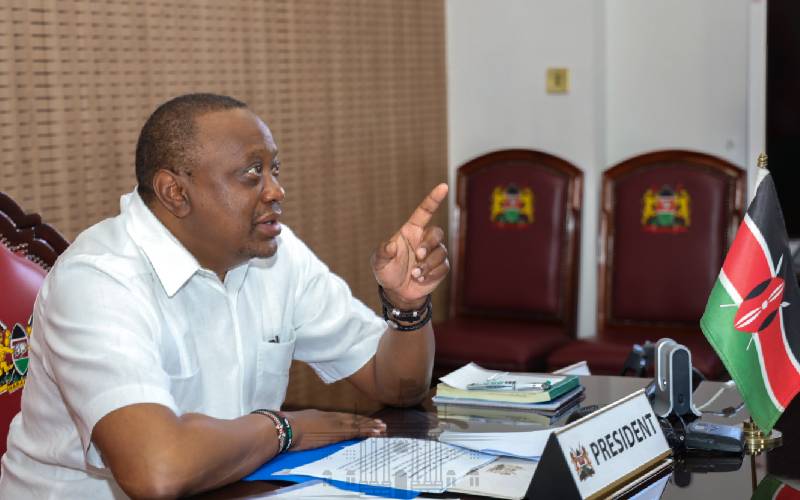×
The Standard e-Paper
Join Thousands Daily

In the second decade of the 21st Century, Kenya is in a unique position to shape global happenings, as it becomes one of the 10 non-permanent members of the United Nations Security Council (UNSC).